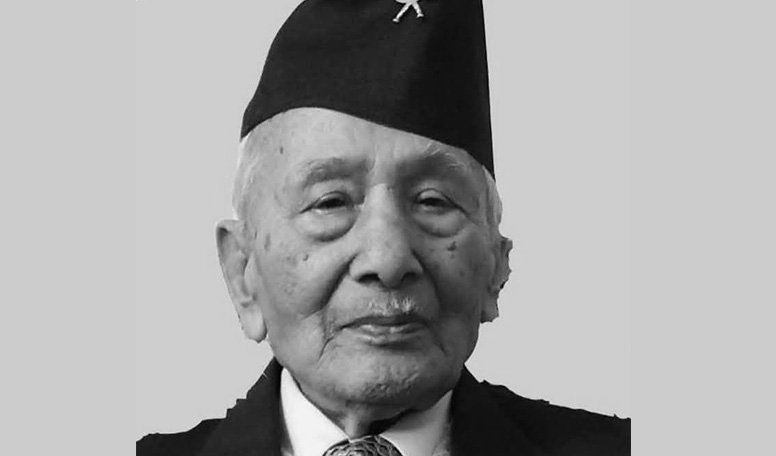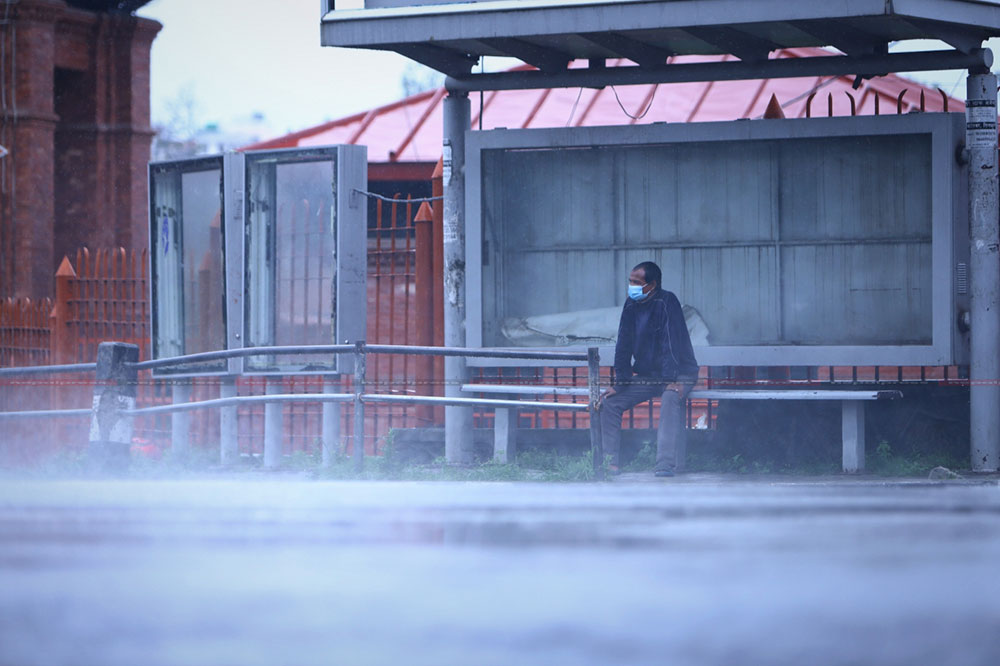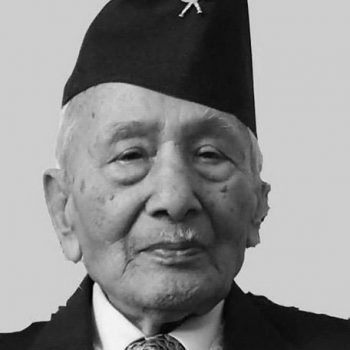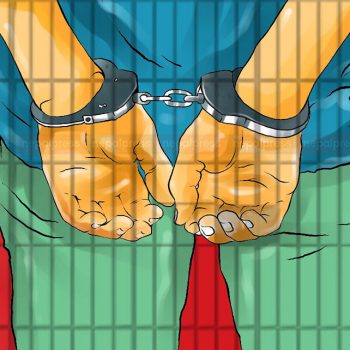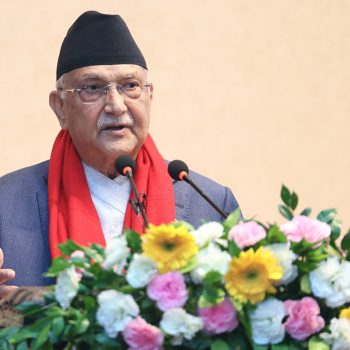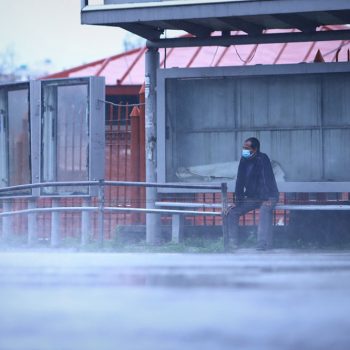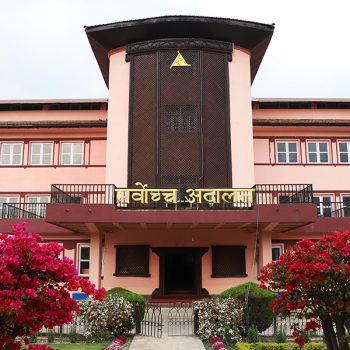Feature News: Bir Hospital treating people with snoring problem at ‘sleep lab’
 NepalPress
NepalPress
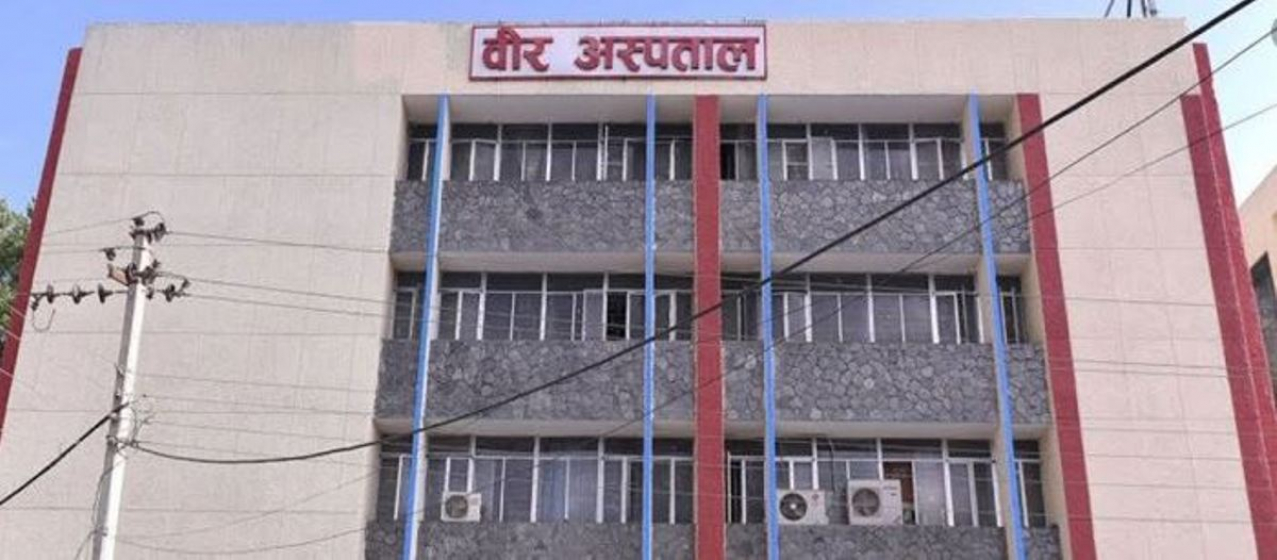
KATHMANDU: Snoring problem? Now you can seek treatment for this common embarrassing condition. Bir Hospital, the oldest government health facility, has been providing treatment for snoring. People with snoring problems are under observation at a ‘sleep lab’ where their severity and frequency of snoring is recorded over several nights. Patient attendants are also allowed to stay with the patient throughout the night.
“A patient is let have a sleep at the lab chamber where their severity and frequency of snoring is recorded over multiple nights. Things like the timing of snoring, the blockage of breathing and wakeup patterns during sleep are monitored and recorded,” said pulmonary disease specialist at Bir Hospital Dr Prajwol Shrestha. Based on the severity of snoring, patients are given treatment, he said.
Snoring occurs when something restricts the airflow of people during sleep. It is caused by the rattling and vibration of tissues near the airway in the back of the throat. During sleep, the muscles loosen narrowing the airway. As a person inhales and exhales, the moving air causes the tissue to flutter and make noise.
Risk factors include obesity, age, gender, family history, use of sedative medications, alcohol consumption, chronic nasal congestion, small jaw, large tonsils, tongue or soft palate, and pregnancy.
Snoring is of three types, light snoring, primary snoring and obstructive sleep apnea (OSA). The first and second types are not of much concern. But, OSA is much worrisome. If it goes untreated on time, it can have major implications for a person’s sleep and overall health, said doctors.
According to available data, 969 million people between the age of 30 and 69 worldwide may suffer from OSA with many more people undiagnosed.
People with sleep apnea are treated through the continuous positive airway pressure (CPAP) approach, said Shrestha.
This approach involves wearing a mask over nose of patients or mouth while asleep. The mask directs pressurised air from a small bedside pump to the airway of patients to keep it open during sleep. CPAP eliminates snoring and is most often used to treat snoring associated with OSA, he said.
“Through CPAP treatment, patients get snoring treated, have a sound sleep, and do not have drowsiness during days. Blood pressure and diabetes will also be under control. We are treating patients with snoring problem visiting the hospital through CPAP,” he said.
It costs around Rs 120,000 to purchase a CPAP machine in the Nepali market. All patients cannot afford to purchase it. So, doctors recommend patients to purchase sleep apnea oral appliances, he said.
Also known as mandibular advancement devices, the appliances are custom-made mouth-guards that look like orthodontic retainers. When worn at night, the mouthpieces repositions jaws of patients to keep the throat open while asleep.
All of the patients who have visited the hospital required treatment through CPAP, he said. “Most of the visiting patients suffered from sleep apnea and they needed treatment through CPAP.” The visiting patients dominated young people, he said.
It charges Rs 3,000 per patient per night for treatment for sleep apnea through CPAP in Bir Hospital. But, the fees jump to between Rs 14,000 and Rs 20,000 per patient per night in private hospitals. Private health facilities have been providing the facility for the past 10 or 12 years. Bir Hospital has brought it into operation around four months ago.
The sleep lab in Bir Hospital is open once a week. So, there is always a pressure of patients. Patients visiting the hospital have to wait for weeks to get an appointment.
“There is only a sleep lab. Patients have to wait for up to two months for an appointment as it operates only once a week,” said the lab in-charge Binita Paudel. A lack of skilled workforce has hit its operation, she added. Nurse Paudel got training for the job. Without human resources, she alone is making do with the operation of the lab.
“I have to monitor and record things of patients like the timing of snoring, the blockage of breathing, wakeup patterns during sleep, and fluctuation of oxygen level. I alone have to do all these things,” she said.
The sleep lab has been installed in the hospital following increasing patients with snoring, said the hospital director Dr Santosh Paudel.
The facility would be operated every day by managing additional workforce, he said.
Obesity is one of the key factors causing snoring, said Dr Shrestha. People suffering from sleep apnea have complained of frequent urination at night, throat snoring upon a wakeup, and problems like a common cold, he said, adding that fat around the upper airway in the neck constricts airway passages and lead to increased snoring.
Approximately 95 percent people with obesity are prone to develop snoring, he said. According to data, 6 to 20 percent population in the world has been suffering from sleep apnea.
If we put the global figure of the people with sleep apnea at six percent, 1.8 to 2 million Nepali people is estimated to be suffering from the disease, he said.
“Snoring problem can be fatal, he said. People take snoring as normal. But, it is not that. A few of them consider it as a disease. But, it may take life of people,” he said urging people to be aware and seek treatment.
Likelihood of suffering from blood pressure, diabetes, a heart attack, brain hemorrhage and paralysis is two to three times higher in people with snoring disease, he said. “Snoring can lead to obstructions in the airways. As a result of a lack of oxygen, there can be difficulties in the heartbeat, leading to problems like a heart attack,” he said. RSS



